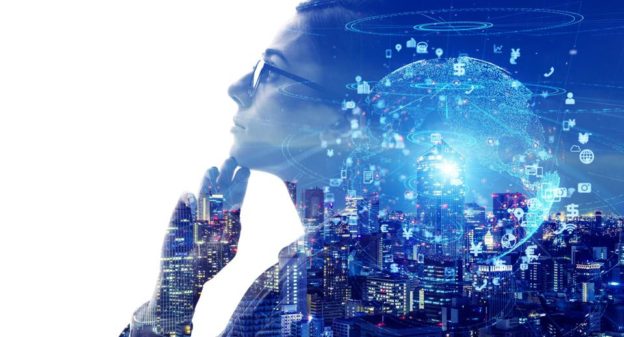The upcoming Digital India Act will ensure openness of the emerging artificial intelligence (AI) technologies so that no company can monopolise or get into toll-gating with regard to the use of such technologies, minister of state for electronics and IT Rajeev Chandrasekhar said.
The upcoming Digital India Act will ensure openness of the emerging artificial intelligence (AI) technologies so that no company can monopolise or get into toll-gating with regard to the use of such technologies, minister of state for electronics and IT Rajeev Chandrasekhar said.
“Forthcoming Digital India Act will be important legislation that enshrines this (openness, safety, trust and accountability of all platforms),” the minister tweeted.
Chandrasekhar was responding to a tweet by Sridhar Vembu, CEO of Zoho, a cloud software company. In his tweet, Vembu raised concerns over the ownership of new AI technologies and emphasised that the public policy has to ensure that no one monopolises AI.
“In a world where AI made goods and services free, the better question is what will humans do?…My advice is to place strict openness requirements on AI technology. Some providers will threaten to leave India but we must call their bluff. Indians can produce great AI too, subject to our laws. No monopolies, no toll gates,” Vembu tweeted.
In his response, Chandrasekhar said, “Sridhar Vembu has pointed out the tollgating/monopoly risks of emerging tech and platforms like AI and we agree wth that.”
The government is currently doing consultations on the Digital India Bill which will focus on openness of internet, safety, trust, and accountability as basic principles in detail. Apart from ensuring openness of these emerging technologies, the government is also considering the need for revisiting the safe harbour status for intermediaries, classify different types of intermediaries, and form different regulations for them.
“What should we consider as a safe harbour for intermediaries? Who should be entitled for safe harbour and should the government at all be playing the arbiter between platforms and those who are aggrieved by content on them? There is a greater diversity and complexity about the platforms that are on the internet today and therefore, there is this legitimate question; should there be a safe harbour at all? If there is a need for safe harbour, who should get it?” Chandrasekhar had said during the first round of consultations on the draft Digital India bill last month.
Also read: Samsung tipped to launch Galaxy S23 FE later this year with Exynos 2200 processor
During the consultations, the minister also touched upon certain other principles for the proposed legislation, which include managing the complexities of the internet, addressing the risks of emerging technologies, and protecting citizen rights.
The draft Digital India Bill will replace the decades old Information Technology Act, 2000.
https://www.financialexpress.com/life/technology-digital-india-act-to-ensure-openness-of-emerging-ai-technologies-rajeev-chandrasekhar-3030019/





